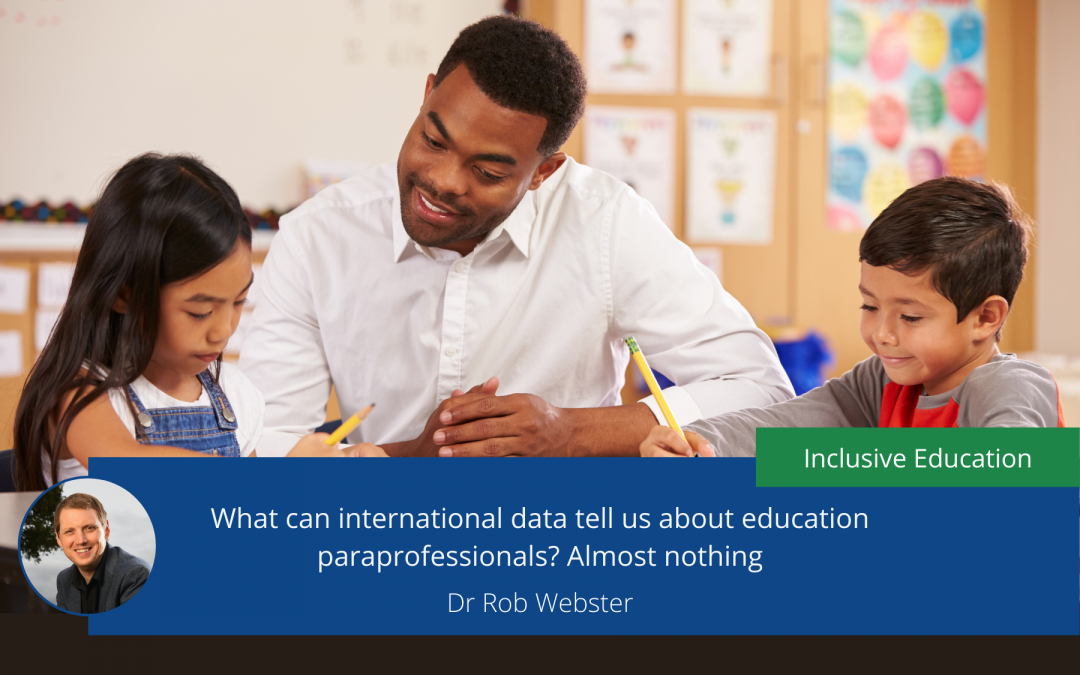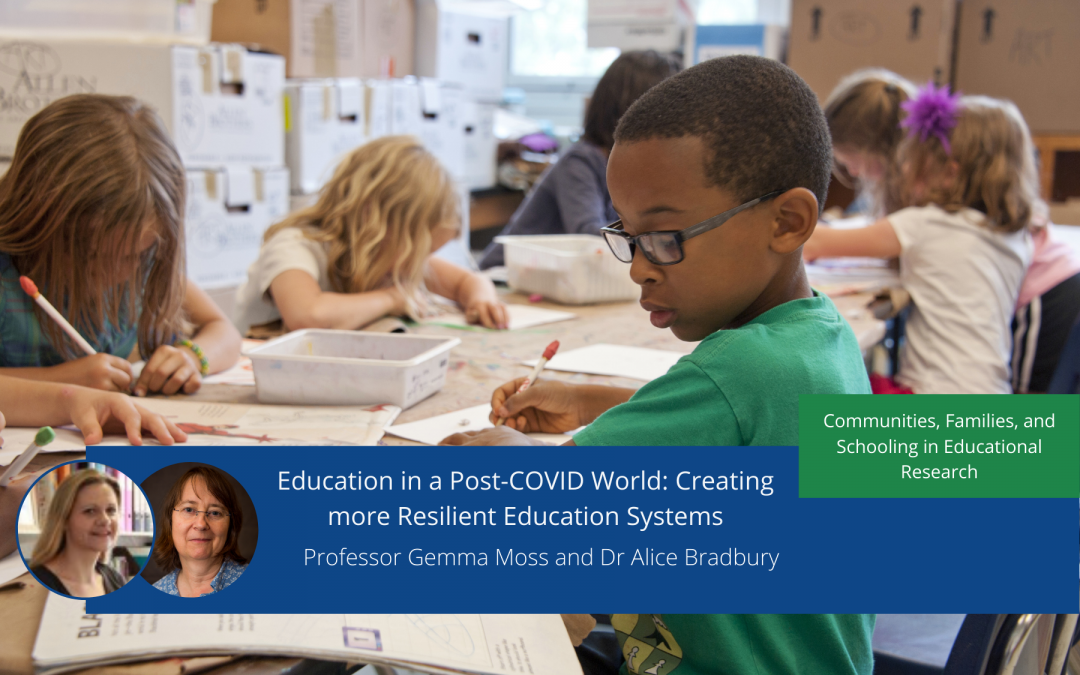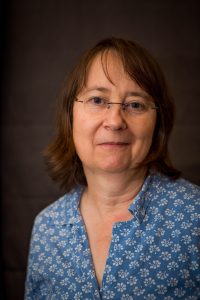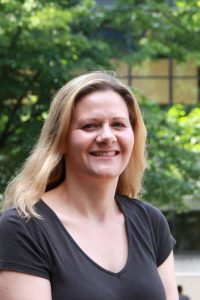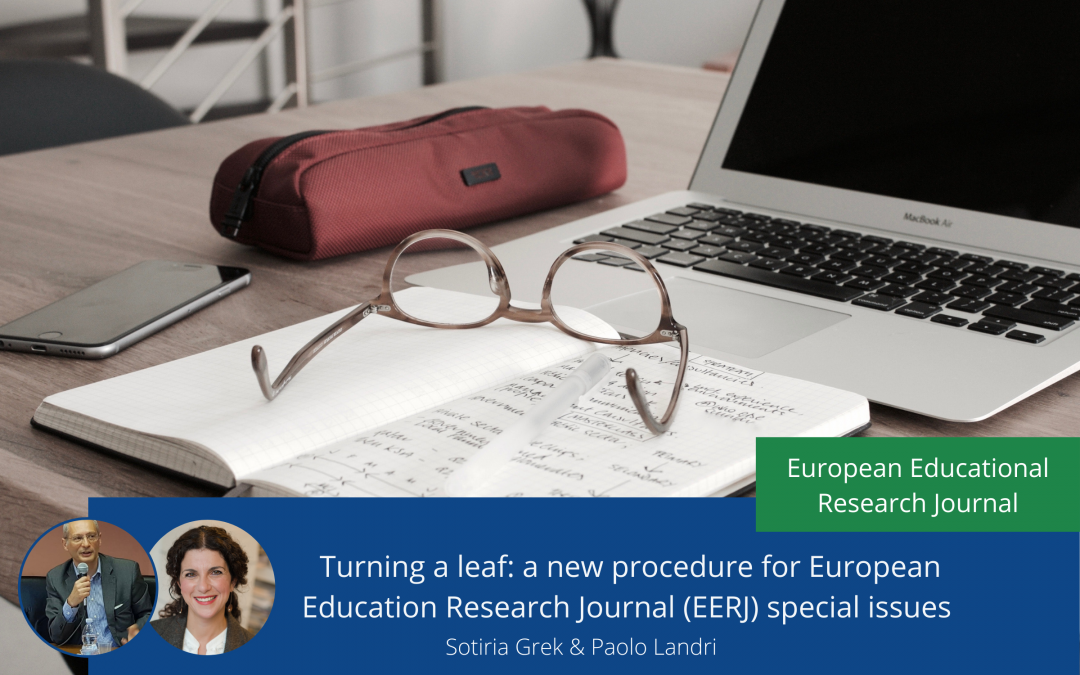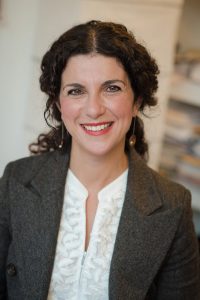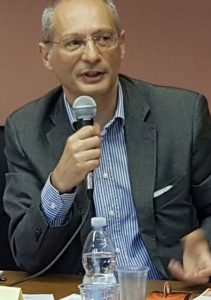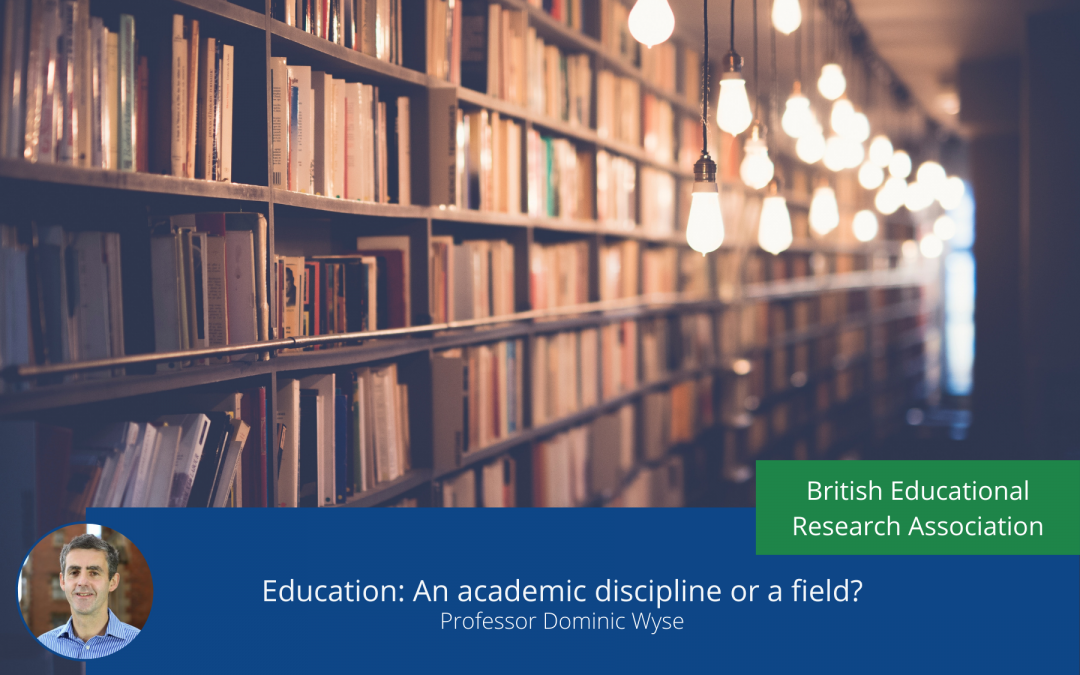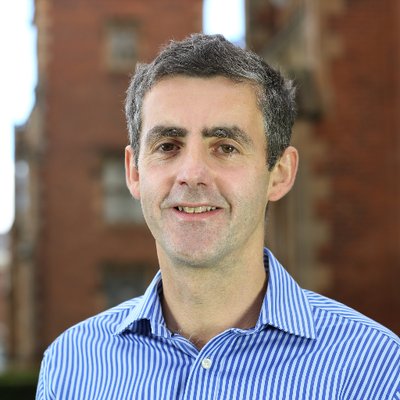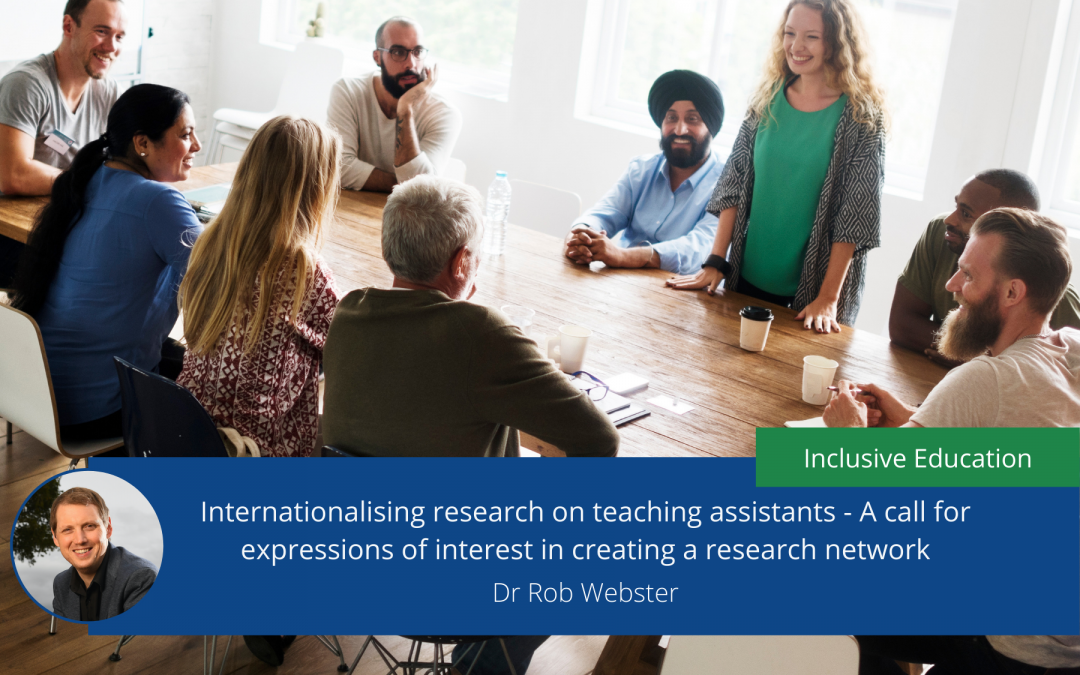
Internationalising research on teaching assistants: A call for expressions of interest in creating a research network
Across the globe, the drive towards the inclusion of pupils with special educational needs (SEN) in mainstream schools has become contingent on the creation and utilisation of a paraprofessional workforce, commonly known as teaching assistants or teacher aides (TAs).
Australia, Sweden, Canada, Finland, Ireland, New Zealand, the US, and the UK have all experienced large increases in this section of their education workforce over the last quarter-century. It is claimed that in many territories, policies of inclusion and provision for pupils with SEN rely heavily on this ‘non-teaching’ workforce (Masdeu Navarro, 2015). And recent evidence from the UK shows how vital TAs have been to keeping schools open and ensuring children can learn during the COVID pandemic (Moss et al, 2021).
The growing prevalence and prominence of TAs in schools has attracted attention from researchers, who are keen to identify effective approaches to TA deployment and preparation, describe and measure their impact in various forms, and to characterise their experiences of work. Peer-reviewed papers on TAs started to noticeably pepper the academic literature in the mid-1990s, appearing mainly in US journals. Yet, in the subsequent decades, there have been no collections of international writing on TAs.
Until now.
A new special issue of the European Journal of Special Needs Education, which I have guest-edited with Anke de Boer (University of Groningen), draws together research and perspectives on the role, deployment, and impact of TAs from international contexts. It intends to serve as an indicative summary of work and thinking in the field to date and as a point of departure for future research and development. All articles in the special issue are free to access online from 14 May until the end of June.
The call for papers generated a truly international response. We received nearly 50 abstracts from researchers in 17 countries across five continents. The selected papers provide insights into the liminal space between educator, caregiver, behaviour manager, and facilitator of learning and of peer relations, which characterises the TA role.
The papers consider the features of team-working and cooperation between TAs and teachers and explore the TA’s role as a facilitator of peer interactions, personal care, and instructional support for pupils with SEN. Two papers focus on the pupils’ perspective of TA support and the implications for social inclusion and the development of independence. One of the foremost researchers on TAs, Michael Giangreco from the University of Vermont (USA), reflects on more than 40 years of experience in the field in a specially-commissioned article.
Our own contribution (Webster & de Boer, 2021) draws attention to a situation that came quickly to light in the process of curating the special issue. While the call for papers shows the extent of the activity and global reach of research on TAs, it also revealed how the field lacks any coordinated network or forum for researchers to convene, share and debate ideas, and disseminate their work.
Many national educational research associations have a special interest group for those researching special and inclusive education. While these tend to provide an intellectual home for researchers studying TAs, research on/involving TAs transcends this discipline and straddles areas such as economics, feminism, and labour relations. Therefore, the launch of the special issue presents a timely opportunity to call for the creation of a network specifically designed to support research on TAs.
It could be, however, that TAs is too narrow a focus for a viable special interest group and that our field would be better served by widening and reframing our focus onto something we might nascently term ‘paraprofessional studies’.
The increase of TAs in education can be seen in the broader context of the rise in paraprofessionals across a range of public services. These are people who work alongside and support those working in professional roles in fields such as medicine, health, social work, law, and the police. Evidence from the UK and the US shows how the introduction of paraprofessionals has led to a redrawing of the boundaries between the roles of established professionals and others who work in their respective fields (Kessler, Bach & Heron, 2005; Thornley, 1997; Wallace, 2003). Indeed, papers in the special issue (for example, Östlund et al., 2021; Zhao et al., 2021) suggest that there are contexts in which TAs may have multiple paraprofessional identifies, with the roles of individual TAs combining or bridging between functions of education and care.
Our international research network would be a lively, democratic space in which researchers from across education and the social sciences could convene around the topic of paraprofessionals. Work on TAs would constitute a productive site for activity in its own right. Still, there would also be potential for rich, innovative ideas to bloom from exciting exchanges and interactions with researchers across the world investigating the role and lives of paraprofessionals in other areas (e.g., healthcare assistants). We would want our network to draw in policymakers and practitioners as well, thereby creating a dynamic, multidisciplinary interface between the worlds of research, policy, and practice.
The pandemic has reshaped ideas about connectedness. It is easier than ever (at least technically) for researchers to come together with multiple stakeholders to share experiences, discuss, debate, and develop ideas and proposals. We see potential for online gatherings and discussion, leading in years to come to real-world symposia and even an international conference – all with a major focus on TAs and TA research.
Such an endeavour, we believe, would greatly expand, empower and raise the esteem of the field of scholarship on TAs. The publication of the special issue presents an unmissable opportunity to reach out to researchers across a range of disciplines, studying any and all aspects relating to the life and work of TAs, who are interested in creating an international network for TA research.
Our paper invites readers to make contact in order to express support for, and thoughts on, establishing such a network. It is an invitation that I am happy to extend to readers of this blog. Please email rob.webster@ucl.ac.uk.
Other blog posts on similar topics:
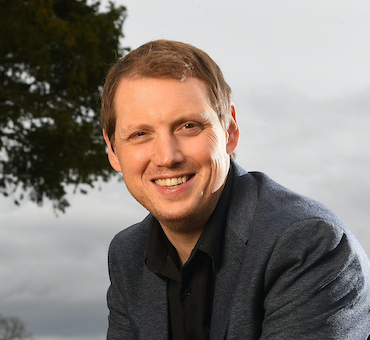
Dr Rob Webster
Associate Professor at UCL Institute of Education, UK
Dr Rob Webster is an Associate Professor at UCL Institute of Education, UK. He was part of the research team that conducted the world’s largest study of teaching assistants: the ground-breaking Deployment and Impact of Support Staff project. Rob writes extensively on the role of teaching assistants, and he also created the award-winning Maximising the Impact of Teaching Assistants programme for schools (maximisingtas.co.uk). Prior to research, Rob worked as a teaching assistant in mainstream and special schools.
Website: www.rob-webster.com
Twitter: https://twitter.com/RobWebster_
http://orcid.org/0000-0003-1416-4439
References and Further Reading
Kessler, I., Bach, S. & Heron, P. (2005) Assistant roles and changing job boundaries in the public services. Final report. London: ESRC.
Masdeu Navarro, F. (2015). Learning support staff: A literature review. OECD Education Working paper no.125. https://doi.org/10.1787/5jrnzm39w45l-en.
Moss, G., Webster, R., Harmey, S., and Bradbury, A. (2021) Unsung Heroes: The role of teaching assistants and classroom assistants in keeping schools functioning during lockdown. London: UCL Institute of Education http://maximisingtas.co.uk/assets/unsung-heroesfinal.pdf
Östlund, D., Barow, T., Dahlberg, K. & Johansson, A. (2021) In between special needs teachers and students: Paraprofessionals work in self-contained classrooms for students with intellectual disabilities in Sweden. European Journal of Special Needs Education, 36(2). https://www.tandfonline.com/doi/full/10.1080/08856257.2021.1901370
Thornley, C. (1997) The invisible workers: An investigation into the pay and employment of health care assistants in the NHS. London: Unison.
Wallace, T. (2003) Paraprofessionals. Minnesota, USA: Center on Personnel Studies in Special Education.
Webster, R. & de Boer, A. (2021) ‘Where next for research on teaching assistants: The case for an international response’. European Journal of Special Needs Education, 36(2).
https://www.tandfonline.com/doi/full/10.1080/08856257.2021.1901368
Zhao, Y., Rose, R. & Shevlin, M. (2021) Paraprofessional support in Irish schools: From Special Needs Assistants to Inclusion Support Assistants. European Journal of Special Needs Education, 36(2). https://www.tandfonline.com/doi/full/10.1080/08856257.2021.1901371

